Restoration Classic Cars Tip 6 - Can't Find Sheet Metal?
These days most of us live in urban areas that, while well represented by big box stores and strip malls, are devoid of sheet metal shops and other industrial supply stores. When you need sheet metal for that welding repair on the fender, where do you go?
Sure, you can hop in the car and take a drive out to the countryside to visit some outlying town where such shops still exist, but that's a lot of effort and wasted time. Also, many sheet metal shops have a minimum requirement that you purchase no less than a 4' x 8' sheet. Instead, why not drop over to the nearest junk yard, police impound lot or wrecked-vehicle tow center?
If you go to one of the above you will find the managers will let you take a door, hood, fender or trunk lid for little or no money. Just tell him you're looking for sheet metal and he'll usually point out some hulk from which you can remove pieces.
The advantage of doing so is that the metal will almost surely be a close match in gauge and alloy to your project - unless you're working on something older than 1950, in which case you'll have to find 20-gauge metal or thicker.
Another advantage is that the metal you find on modern wrecks is chemically treated against rust and is also "hardened" from the stamping process at the factory. Raw sheet metal isn't hardened and is easier to ding or dent.
Sure, you can hop in the car and take a drive out to the countryside to visit some outlying town where such shops still exist, but that's a lot of effort and wasted time. Also, many sheet metal shops have a minimum requirement that you purchase no less than a 4' x 8' sheet. Instead, why not drop over to the nearest junk yard, police impound lot or wrecked-vehicle tow center?
If you go to one of the above you will find the managers will let you take a door, hood, fender or trunk lid for little or no money. Just tell him you're looking for sheet metal and he'll usually point out some hulk from which you can remove pieces.
The advantage of doing so is that the metal will almost surely be a close match in gauge and alloy to your project - unless you're working on something older than 1950, in which case you'll have to find 20-gauge metal or thicker.
Another advantage is that the metal you find on modern wrecks is chemically treated against rust and is also "hardened" from the stamping process at the factory. Raw sheet metal isn't hardened and is easier to ding or dent.
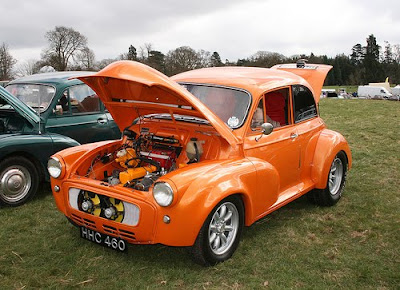
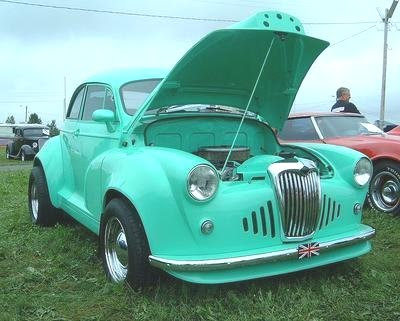
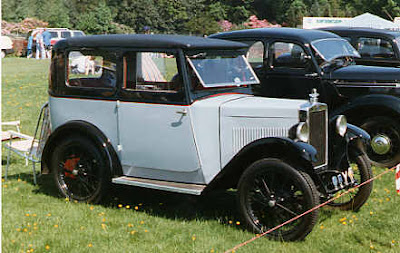
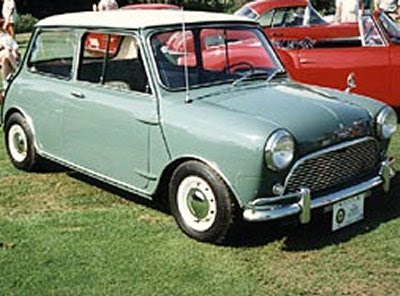
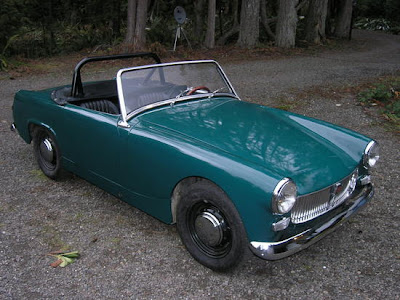
0 comments:
Post a Comment